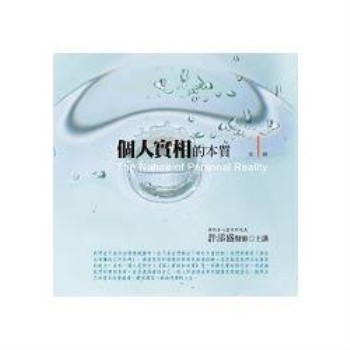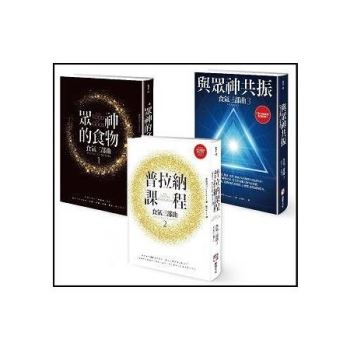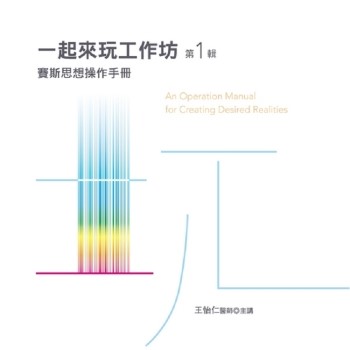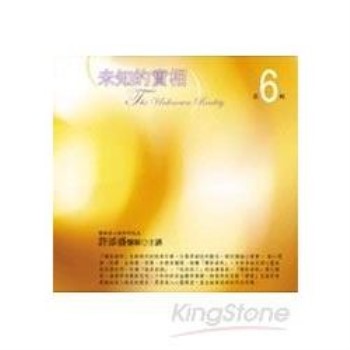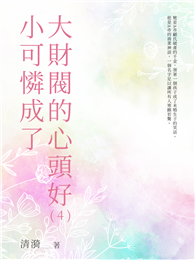My memoir All Roads led to Shanghai gives my readers a glimpse of an environment so different and exotic from present times when, as a young girl during the 1930s and 1940s, I lived in the unique International Settlement of Shanghai. The city was a mix of Asian and European society; when Chinese women still wore cheongsams and older men dressed in long black gowns, while Japanese women wore kimonos and carried their babies on their backs. Shanghai, a thriving financial centre governed by the British, did not require entry visas. This allowed thousands of displaced people to arrive: White Russians fleeing Bolshevik forces and European Jews escaping Nazi persecution. Having lost their homes and most of their possessions these refugees had to learn to adapt. They persevered and created a society that was diverse, vibrant and colourful. Shanghai's wealth also lured Chinese villagers to leave their farms and seek work in its factories. It is within the context of these events that my family's story unfolded. My family also sought refuge in China. Among them my White Russian grandparents, who had to flee from Vladivostok with their two daughters, and my Greek father, who had left Asia Minor just prior to the calamity that befell the Greeks, when thousands, including his parents, perished in death marches. Some years after arrival in Shanghai my father was able to buy The Astoria Caf and Confectionery which proved to be a very successful business. The Astoria was renowned for its delicious cakes baked in the French tradition and for creating marvelous wedding cakes. In 1931 my mother on a visit from Harbin, and only 19 years old, met my father and they married in the following year. Shanghai offered them a wonderful social life and they spent their evenings going to dinner parties, cabarets and concerts. My sister and I were looked after by our caring Amah who became like a surrogate mother to us. Meanwhile, China was going through its own political upheavals. The fall of the Ch'ing Dynasty had brought about a phase of enormous transition and a growing awareness of China's subjection to foreign demands. A republic was formed but struggles ensued between Right and Left factions of the Kuomintang. In 1937, a dominant Japan took advantage of the country's instability, invaded and occupied Shanghai and a significant part of China. World War II followed and it brought further suffering to China's inhabitants. The end of WWII saw a re-emergence of hostilities between China's Left and Right factions. Europeans began queuing at various consulates seeking visas to more stable destinations. Our close friends and relatives kept departing, leaving a void in our lives. Shanghai was dear to us and my father could not be persuaded to leave until the sound of artillery shells exploding outside the city announced the approach of the People's Liberation Army. Abandoning our home and possessions we finally had to make a hurried departure from a city we loved, to arrive in Sydney, Australia, a few weeks later in June 1949. www.allroadsledtoshanghai.com
| FindBook |
|
有 1 項符合
Calodoukas的圖書 |
 |
$ 743 | All Roads Led to Shanghai
作者:Calodoukas 出版社:Createspace Independent Publishing Platform 出版日期:2013-01-25 語言:英文 規格:270頁 / 20.3 x 12.7 x 1.5 cm / 普通級/ 單色印刷  看圖書介紹 看圖書介紹
|
|
|
內容簡介
作者簡介
The Author hopes you enjoy reading her memoirs. Looking back on her life she felt that she had a story to tell. She grew up in a unique part of the world. Her family’s history of dispossession is one that affected thousands of people in the first part of the 20th Century. It makes for interesting reading for those who are unaware of the events that occurred at that time. The Author is now a mother and grandmother and lives quietly with her husband, Jason, in a beachside suburb of Sydney, Australia. She is now retired, after several decades of employment working as an administrator in the arts. Her role in the arts, firstly working for Opera Australia and later for a classical music agency, brought her into contact with famous artists. She was privileged to attend many exciting performances and form friendships with singers, conductors and directors, acclaimed in Australia and internationally - amongst them the late Dame Joan Sutherland and her husband, the conductor Richard Bonynge. Many decades of meeting talented and interesting people in the world of music has made her realize how fortunate she has been in her life. Accompanied by her husband, Clio has made several trips overseas to Great Britain, Europe and the United States where she was extremely happy to meet again her friends from Shanghai. In 1995 Clio and her sister returned to Shanghai - an emotional visit for both of them. Clio hopes you enjoy reading her book. She has created a blog and would love to have a conversation with her readers, especially those who have lived in China. Each person’s experience and memory of events is so different
|
